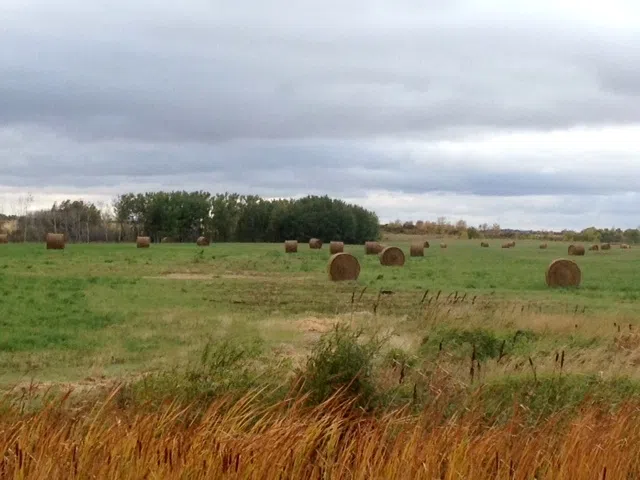
Sask. researcher surprised by WHO report on Roundup
As farmers start planning out the coming crop year, there’s a new World Health Organization (WHO) report to be aware of.
Glyphosate, the active ingredient in Roundup herbicide, is now listed as “probably” carcinogenic, meaning there’s a chance it could cause cancer in humans.
Monsanto, which manufactures Roundup, issued an “urgent request” for WHO to account for which scientific studies were used in their analysis and which were “disregarded”.
Glyphosate has been found in the blood and urine of agricultural works, indicating that they have somehow absorbed the chemical. Glyphosate has been detected in the air during spraying, in water, and in food. The report only spoke of occupational exposure and agricultural workers, not recreational gardeners who would come into contact with Roundup.


